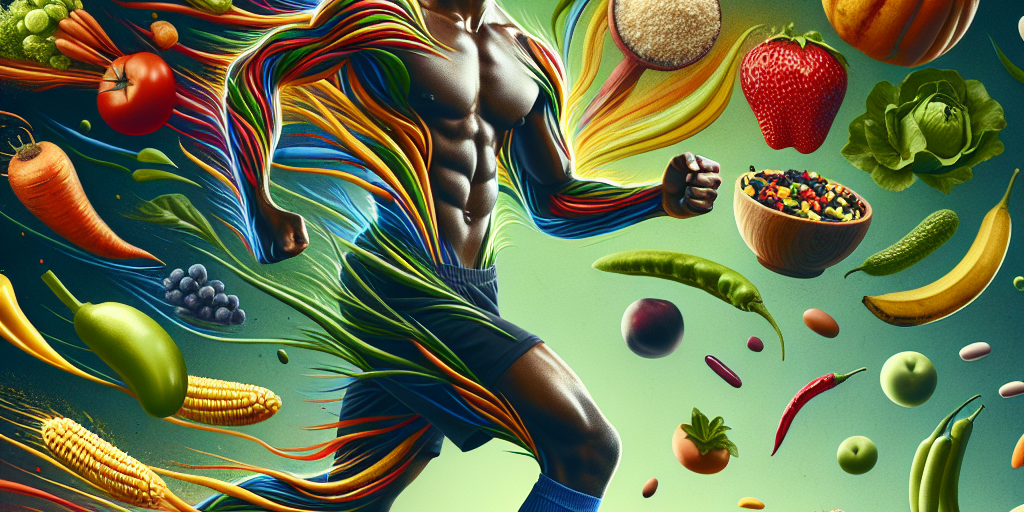Plant-Powered: How Vegan Athletes are Changing the Game
The world of sports has long been associated with images of fast food, protein shakes, and steaks for dinner. However, a new trend is emerging that is challenging these traditional notions of what it means to be a successful athlete. More and more athletes are turning to plant-based diets to fuel their bodies and reach their peak performance.
In the past, there was a common belief that athletes needed to consume large amounts of animal protein in order to build muscle and recover from intense workouts. However, research has shown that plant-based diets can provide all the nutrients needed for optimal performance, while also reducing the risk of chronic diseases such as heart disease and cancer.
One of the most notable examples of a plant-powered athlete is tennis superstar Venus Williams. Williams, who has been following a plant-based diet since being diagnosed with an autoimmune disease in 2011, credits her vegan lifestyle with helping her to remain competitive on the court. She has even opened her own vegan restaurant to spread the message of the benefits of plant-based eating.
Another vegan athlete making waves in the sports world is ultra-endurance athlete Rich Roll. Roll, who was once overweight and struggling with addiction, turned his life around by adopting a vegan diet and becoming one of the fittest men in the world. He has completed numerous ultra-endurance events, including the Epic5 Challenge, which involves five Ironman-distance triathlons on five Hawaiian islands in just seven days.
In addition to individual athletes, sports teams are also beginning to recognize the benefits of plant-based diets. In 2017, the Tennessee Titans became the first NFL team to offer a fully plant-based menu to its players, with the team’s chef reporting that the players felt more energetic and recovered faster after switching to plant-based meals.
The benefits of a plant-based diet for athletes are clear. Studies have shown that plant-based athletes have lower levels of inflammation, reduced recovery times, and increased endurance compared to their meat-eating counterparts. Additionally, plant-based diets are high in antioxidants and phytonutrients, which can help to reduce the risk of injury and improve overall health.
As more and more athletes embrace plant-based eating, the stereotype of the weak vegan is being shattered. These athletes are proving that you don’t need to consume animal products to be strong, fit, and successful in your sport. By fueling their bodies with whole, plant-based foods, vegan athletes are not only changing the game but also inspiring others to consider the benefits of a plant-powered lifestyle.







